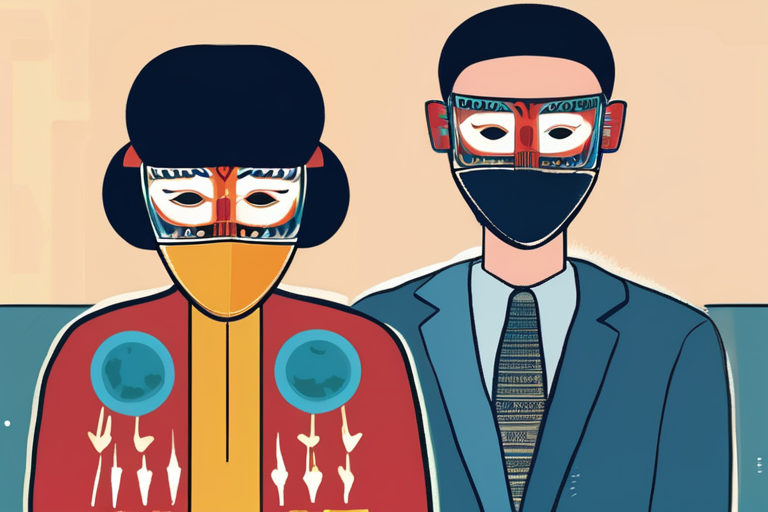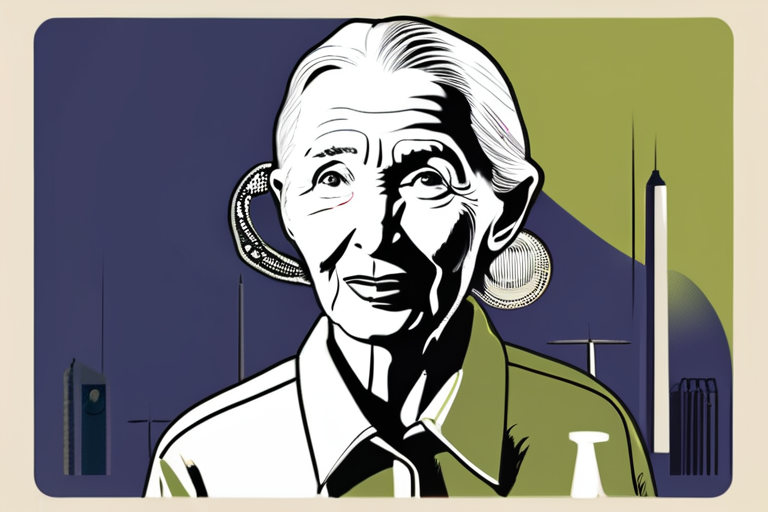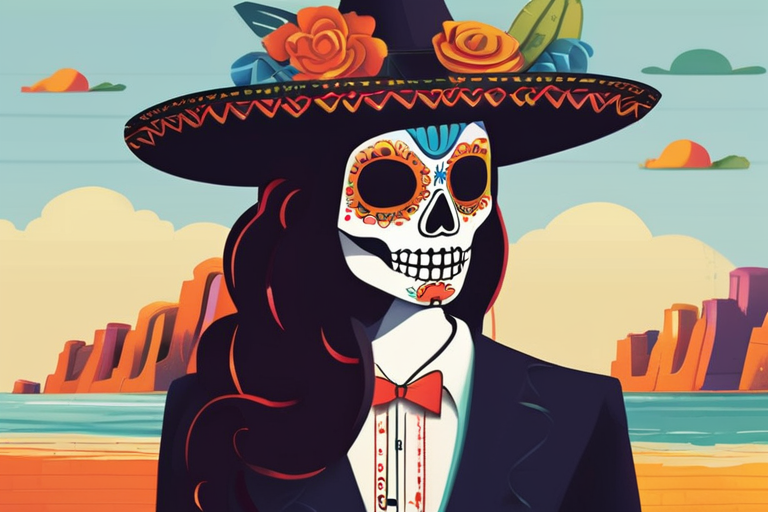Historians Bruno Strasser and Thomas Schlich have co-authored a book titled "The Mask" which explores the multifaceted significance of masks across various cultures and historical periods. The book, published by Yale University Press in 2025, delves into the role of masks in conveying emotions, community, and individuality, often with contradictory connotations. Masks have signified hope and despair, courage and cowardice, a sense of community and a sense of selfishness, as noted by the authors.
According to Strasser and Schlich, their discussions cover a wide range of topics, including theatrical performances in ancient Greece, plagues and gas attacks in the First World War, and present-day urban smog and surgery. The authors address the crucial issue of mask efficacy, which has been a topic of debate during the COVID-19 pandemic. "Masks have been a symbol of both protection and oppression," said Strasser in an interview. "Our book aims to provide a nuanced understanding of the complex roles masks have played in human history."
The book is a result of the authors' collaboration, combining Strasser's expertise in the history of science and medicine with Schlich's background as a physician. Schlich noted that their work is not only a historical analysis but also a reflection on the present. "The COVID-19 pandemic has highlighted the importance of masks in preventing the spread of diseases," Schlich said. "Our book provides a broader context for understanding the significance of masks in various cultures and historical periods."
In addition to "The Mask," another book, "The Maya Myths" by anthropologist Mallory Matsumoto, has been published by Thames Hudson in 2025. Matsumoto's book explores the ancient Maya myths and their deciphering, which was a significant achievement of the twentieth century. However, about one-third of the 1,000 distinct hieroglyphs remain to be deciphered, as noted by Matsumoto. The book provides an intriguing look into the logical structure of the Maya calendar and the Mayas preoccupation with the natural world.
Matsumoto's book also touches on the Mayas beliefs, which included human sacrifice. "The Maya myths are a window into the complex and multifaceted culture of the ancient Maya civilization," Matsumoto said in an interview. "Our book aims to provide a deeper understanding of the Mayas' relationship with the natural world and their place in the universe."
The publication of these books comes at a time when the study of masks and ancient cultures is gaining renewed interest. The COVID-19 pandemic has highlighted the importance of masks in preventing the spread of diseases, and the study of ancient cultures has provided valuable insights into the significance of masks in various historical periods.
In conclusion, the publication of "The Mask" and "The Maya Myths" offers a unique opportunity to explore the complex significance of masks and ancient cultures. These books provide a nuanced understanding of the multifaceted roles masks have played in human history and offer valuable insights into the study of ancient cultures.


























Share & Engage Share
Share this article